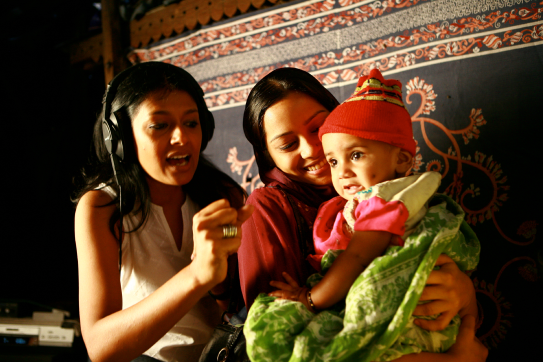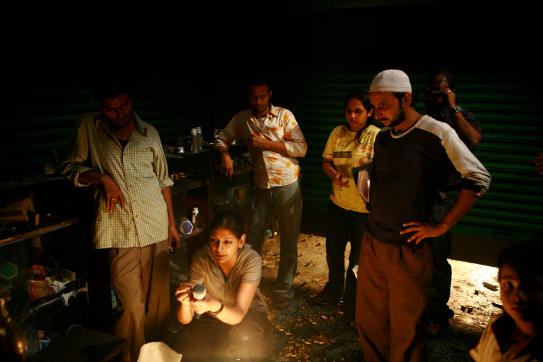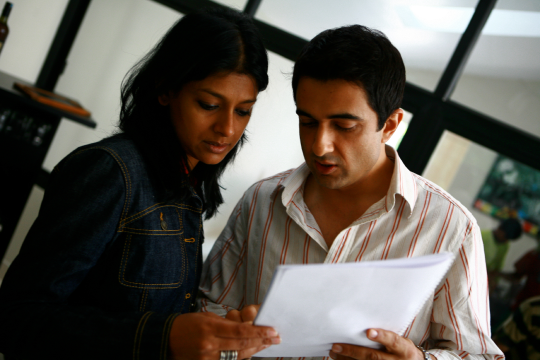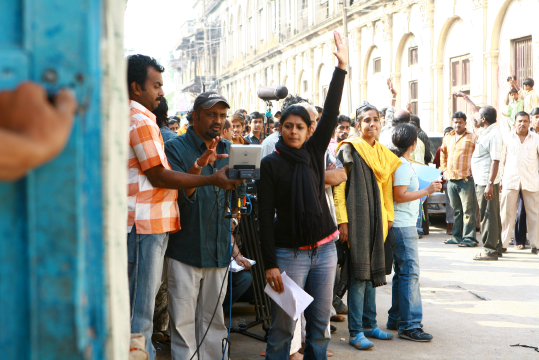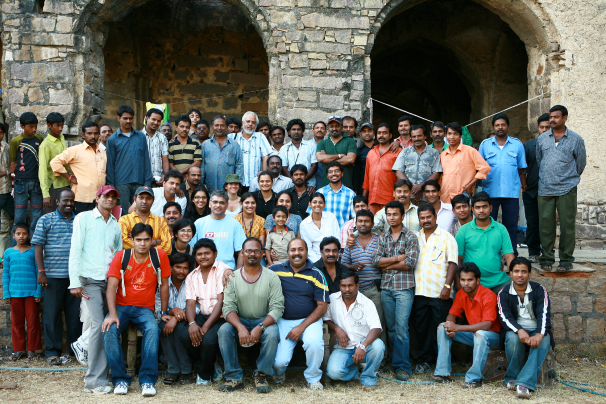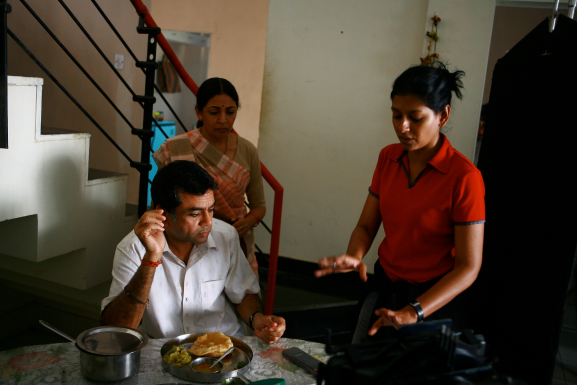Why-Why Moyna
- September 1, 2011
I was asked to speak at a TEDx [Technology Entertainment and Design] conference for exactly 18 minutes. I chose to speak on the importance of questioning. The TED rules seemed quite precise, one of them being-don’t read your talk, but if the choice is between reading and rambling, then read! For someone who speaks, writes and thinks in the stream of consciousness, I found that a bit inhibiting. I always speak extempore, so the first bit of the rule was fine, but the fear that I may ramble on made me write this piece. No, I am not making you the guinea pig, only my confidant.
We as a society often treat questions as a threat to authority, challenge to hierarchy and a mark of impolite behavior. It isn’t easy to be curious when hardly anybody wants to be at the receiving end. I have seen parents shutting up their children when they are full of wonder. Their reasons vary from being too busy to answer, to not wanting to admit that they don’t know the answer! Either way, it is less important to answer all questions, but to welcome them is vital. I have to admit that I had a fortunate childhood, where I got the space to ask questions freely. And I had a zillion of them. Just as all children instinctively do, but sadly seldom find their curiosity being nurtured.
I remember reading the activist writer Mahasweta Devi’s lovely little account of a poor tribal girl named Moyna, whom she called Kyon-Kyon Chhori (Why-Why Girl) as she always asked questions. Moyna would ask why they only ate one meal a day. Why fish didn’t talk? Why are schools in the morning when she has to graze the goats? She was lucky to have Mahasweta Devi who answered many of her questions and then ensured Moyna went to school so that her quest could continue. At 18, Moyna became a teacher in the same school she studied and encouraged her students to ask questions like, if you cut one tree, why two should be planted. At the end of the account Mahasweta Devi wrote, had Moyna known that she was being written about, she would have asked, “Why are you writing about me?”
To have the space and freedom to question in one’s formative years goes a long way. Personally it gave me a lot of courage to question what seemed to be a given and therefore the confidence to make the choices I have made. However, our socio-economic hierarchies and the often pragmatic need to conform discourage a questioning attitude. How do we ensure that the Moynas of the world do not get silenced? How do we stop compartmentalising the unequal real world that strangely co-exists with the idealised world? In fact, it is these questions that push our imaginary boundaries and bring about change, inspire inventions and make people discover new things.
The image of Socrates talking in the market place to anyone willing to answer his questions and then participating in a dialogue comes to my mind. Anyone, soldier, priest, prostitute…, he would ask them inconvenient and discourteous questions, and the dialogue would throw up things that needed to be questioned and answered. Perhaps, the first task is to glorify the act of questioning itself, right from childhood. It is only the habit of questioning that will make us more engaged and assured adults.
The second ray of hope is the new technology-blogs, tweets and other forms of social media that has greatly democratised both analyses and commentary. I have to admit I haven’t quite entered that space, but I do see its impact, especially on young minds. And while no one can deny the potency of this new expression, what remains to be gauged is whether these will be used to ask the right questions. Will it seek beyond the obvious?

